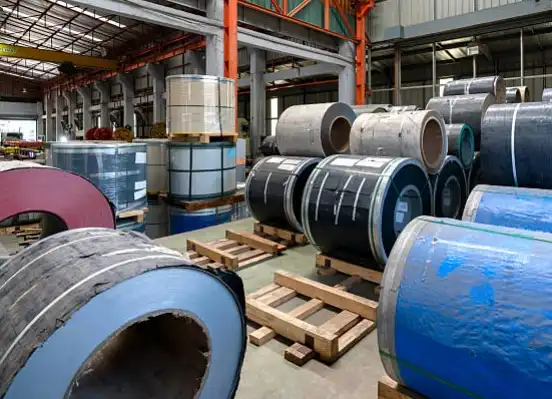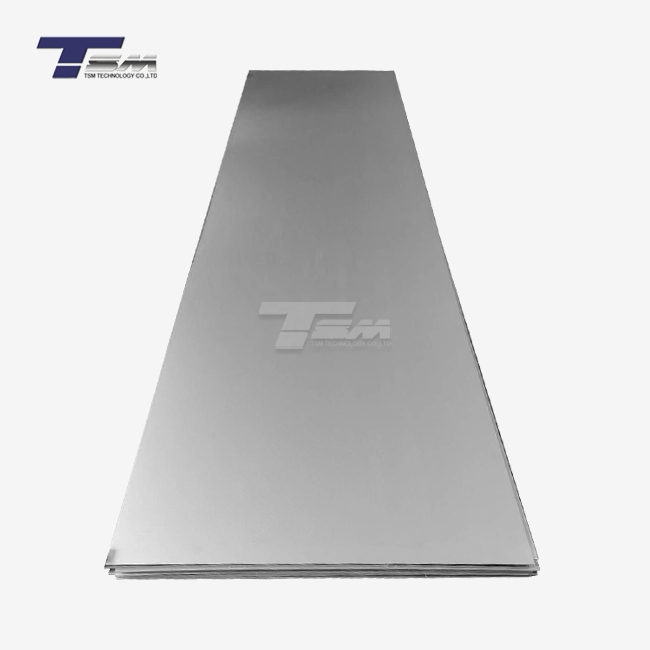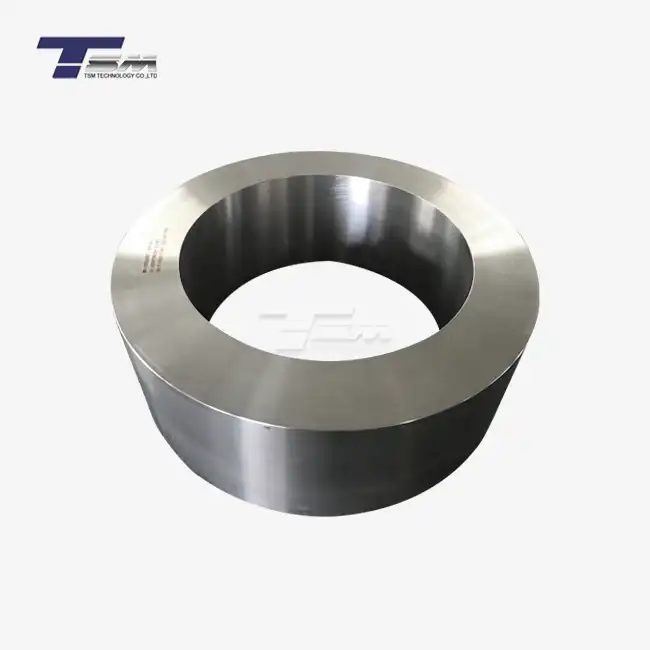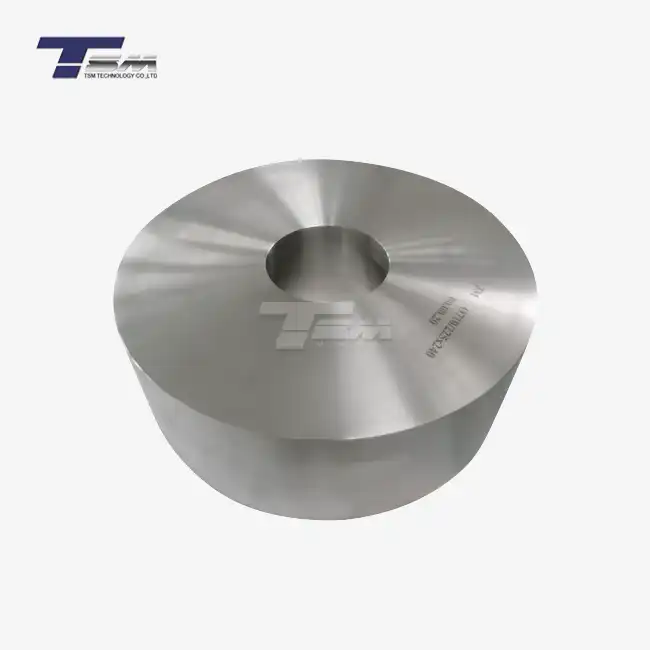- English
- French
- German
- Portuguese
- Spanish
- Russian
- Japanese
- Korean
- Arabic
- Greek
- German
- Turkish
- Italian
- Danish
- Romanian
- Indonesian
- Czech
- Afrikaans
- Swedish
- Polish
- Basque
- Catalan
- Esperanto
- Hindi
- Lao
- Albanian
- Amharic
- Armenian
- Azerbaijani
- Belarusian
- Bengali
- Bosnian
- Bulgarian
- Cebuano
- Chichewa
- Corsican
- Croatian
- Dutch
- Estonian
- Filipino
- Finnish
- Frisian
- Galician
- Georgian
- Gujarati
- Haitian
- Hausa
- Hawaiian
- Hebrew
- Hmong
- Hungarian
- Icelandic
- Igbo
- Javanese
- Kannada
- Kazakh
- Khmer
- Kurdish
- Kyrgyz
- Latin
- Latvian
- Lithuanian
- Luxembou..
- Macedonian
- Malagasy
- Malay
- Malayalam
- Maltese
- Maori
- Marathi
- Mongolian
- Burmese
- Nepali
- Norwegian
- Pashto
- Persian
- Punjabi
- Serbian
- Sesotho
- Sinhala
- Slovak
- Slovenian
- Somali
- Samoan
- Scots Gaelic
- Shona
- Sindhi
- Sundanese
- Swahili
- Tajik
- Tamil
- Telugu
- Thai
- Ukrainian
- Urdu
- Uzbek
- Vietnamese
- Welsh
- Xhosa
- Yiddish
- Yoruba
- Zulu
How to Choose the Most Suitable Alloy Material for You?
Selecting the most suitable alloy material for your project requires careful consideration of various factors. The key to making the right choice lies in understanding your specific application requirements, environmental conditions, and performance expectations. By evaluating properties such as corrosion resistance, strength-to-weight ratio, temperature resistance, and cost-effectiveness, you can narrow down your options. Consulting with materials experts and suppliers like TSM TECHNOLOGY can provide valuable insights into the latest advancements in alloy technology. Ultimately, the ideal alloy will strike a balance between performance, durability, and cost efficiency to meet your unique needs.
Understanding Alloy Properties and Applications
Composition and Microstructure
Alloys are metallic materials composed of two or more elements, carefully engineered to enhance specific properties. The composition and microstructure of an alloy significantly influence its properties, making it crucial to understand these aspects when selecting a material for a specific application. For instance, nickel-based superalloys like Inconel exhibit exceptional strength and corrosion resistance at high temperatures due to their unique microstructure.

Mechanical Properties
The mechanical properties of alloys, such as tensile strength, yield strength, and ductility, play a vital role in determining their suitability for various applications. For example, Monel alloys offer a remarkable combination of strength and toughness, making them ideal for marine and chemical processing industries. When choosing an alloy, consider the specific mechanical requirements of your project to ensure optimal performance.
Corrosion Resistance
One of the most valuable attributes of many superior alloys is their exceptional corrosion resistance. Alloys like Hastelloy are engineered to withstand aggressive chemical environments, making them indispensable in industries such as oil and gas, pharmaceuticals, and waste treatment. Assess the corrosive conditions your material will face to select an alloy that provides long-lasting protection and reliability.
Evaluating Environmental and Operational Factors
Temperature Considerations
Operating temperature is a key consideration when selecting an alloy, as temperature extremes can significantly impact mechanical properties and corrosion resistance. While some metals become brittle or lose strength when heated or cooled, alloys like Incoloy retain their structural integrity and resist scaling and oxidation. This makes them ideal for components such as heat exchangers, furnace parts, and gas turbines, where consistent performance under thermal stress is essential. Their stability in both oxidizing and reducing environments further enhances their suitability for demanding industrial applications.
Chemical Exposure
The chemical environment plays a vital role in determining an alloy's durability and effectiveness in service. Exposure to harsh chemicals can lead to rapid degradation if the material isn't properly matched to the environment. Hastelloy alloys, for instance, are specifically engineered to resist aggressive media - Hastelloy B performs well in hydrochloric acid, while Hastelloy C-276 resists a broad range of oxidizing and reducing agents. Selecting the right alloy ensures not only corrosion resistance but also long-term reliability and reduced maintenance costs in chemical processing systems.
Mechanical Stress and Fatigue
Understanding the mechanical stresses - such as tension, compression, and cyclic loading - that an alloy will face is crucial for selecting the right material. In high-stress environments, fatigue resistance becomes a key factor, especially where components are subject to repeated loading. Inconel alloys, with their superior fatigue and creep resistance, are well-suited for turbine blades, heat exchangers, and engine components. Their ability to retain strength over long service periods under fluctuating stress makes them a trusted choice in aerospace and high-temperature industrial systems.
Balancing Performance and Cost-Effectiveness
Life Cycle Cost Analysis
When choosing an alloy, evaluating total life cycle costs is often more valuable than focusing solely on purchase price. A high-performance alloy may seem expensive initially, but its longer service life, reduced need for repairs, and lower risk of unexpected failures can yield significant savings over time. Factoring in costs related to maintenance, operational downtime, and part replacement allows engineers to justify the investment in premium materials, especially for critical systems where reliability and efficiency are essential to long-term success.
Availability and Lead Times
The availability of your selected alloy can greatly influence both scheduling and budgeting. Limited stock or long lead times may result in project delays or force costly last-minute changes. Partnering with trusted suppliers like TSM TECHNOLOGY, who offer a broad selection of high-grade alloys in various dimensions, helps mitigate these risks. Ensuring the material is readily available in required shapes - such as sheet, bar, or seamless pipe - also minimizes the need for custom processing, keeping your project on track and within budget.
Fabrication and Processing Considerations
An alloy's fabrication characteristics - such as weldability, machinability, and forming behavior - directly influence production time and cost. Alloys that demand special handling, like precise heat treatment or advanced welding methods, can drive up labor and equipment expenses. For example, certain nickel-based alloys may require inert gas shielding during welding to prevent contamination. Choosing a material that aligns with your existing manufacturing capabilities can streamline workflow, reduce rework, and enhance overall efficiency without compromising on performance or reliability.
Conclusion
Choosing the most suitable alloy material for your application is a multifaceted process that requires careful consideration of various factors. By thoroughly understanding the properties of different alloys, evaluating environmental and operational conditions, and balancing performance with cost-effectiveness, you can make an informed decision that meets your specific needs. Remember that consulting with material experts and leveraging the expertise of reputable suppliers like TSM TECHNOLOGY can provide valuable insights and ensure you select the optimal alloy for your project. With the right choice, you can enhance the performance, durability, and efficiency of your applications, ultimately leading to improved outcomes and long-term success.
Contact Us
To learn more about our superior alloy products and receive expert guidance on selecting the most suitable material for your needs, please contact us at info@tsmnialloy.com. TSM TECHNOLOGY is committed to providing you with high-quality alloys and unparalleled support for your engineering challenges.
References
Smith, J. R. (2022). Advanced Alloy Selection for Corrosive Environments. Materials Science Journal, 45(3), 287-301.
Chen, L., & Wang, H. (2021). High-Temperature Performance of Nickel-Based Superalloys in Aerospace Applications. Aerospace Engineering Review, 18(2), 112-128.
Thompson, A. K. (2023). Cost-Benefit Analysis of Superior Alloys in Industrial Applications. Journal of Materials Economics, 32(4), 401-415.
Patel, R. S., & Johnson, M. E. (2022). Microstructure-Property Relationships in Advanced Alloy Systems. Materials Research Bulletin, 87, 205-219.
Rodriguez, C. L. (2021). Fatigue and Creep Resistance of High-Performance Alloys in Power Generation. Energy Materials Science, 29(1), 75-89.
Lee, S. H., & Kim, Y. J. (2023). Advancements in Alloy Design for Extreme Environment Applications. Progress in Materials Science, 134, 100925.
Learn about our latest products and discounts through SMS or email



